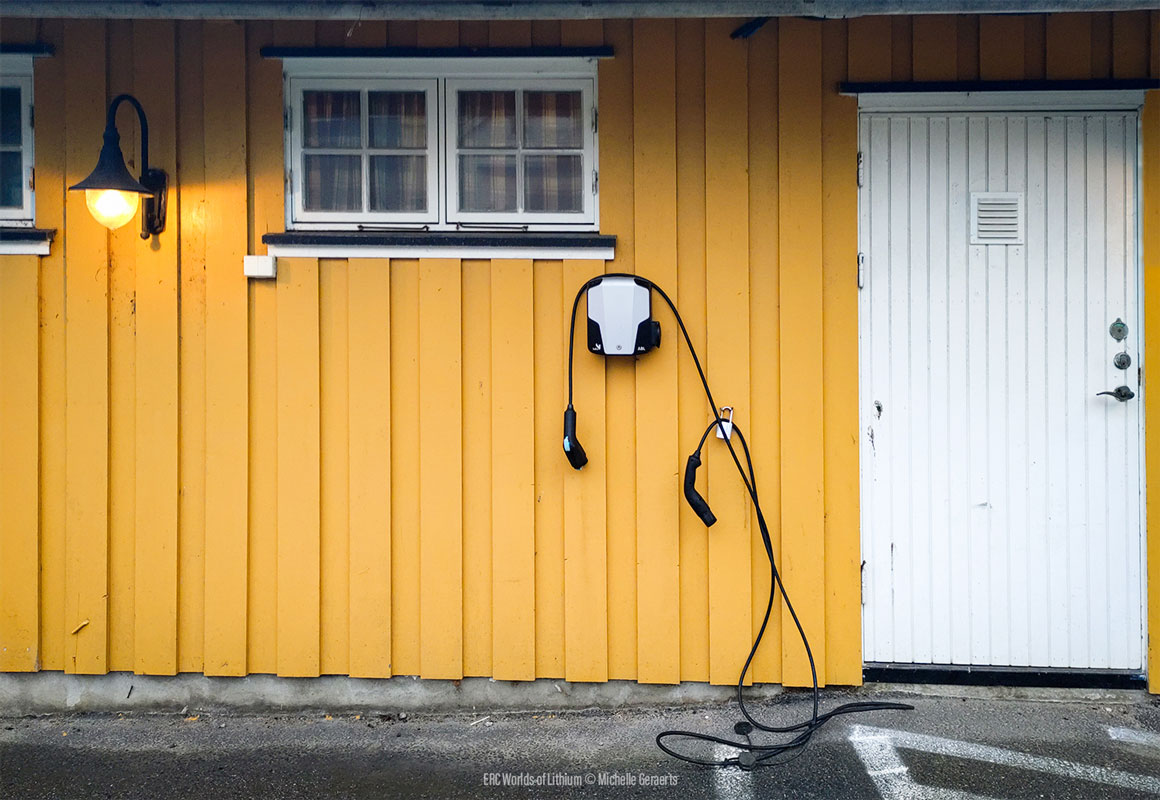
Ursula Le Guin (1986) once wrote a story that attempted to displace the patriarchal white male hero dominating stories about tecno-heroic-human evolution, and reminded us that the dominant language had to be continuously reinvented, just as Virginia Woolf proposed to define a hero, in her notebook 'Glossary', as a bottle; heroism was defined as “botulism.” Le Guin, inspired by the containment offered by the bottle, proposed to imagine a container, a carrier bag - not a masculinised weapon - as a figure that could displace the figure of the hero that is so present in the mythology of "modern technology".
'A nice side effect of eschewing the linear, progressive, arrow-killing-Time mode of the techno-heroic, and redefining technology and science as fundamentally a carry bag, rather than a weapon of domination, is that science fiction can then be understood as a much less rigid and narrow field - not necessarily Promethean or apocalyptic at all but, in fact, a genre that is much more realistic that it is mythological. It's a strange realism - but it's a strange reality'.
This workshop is inspired by this strange realism and aims at gathering vital field-work-stories which will hopefully give us, as Le Guin suggested, 'words of the other story, the untold one, the life story that is not under heroic human control’. But rather than mobilizing science fiction as a genre for experimentation, the workshop has been thought as a safe place where to experiment with creative writing, by particularly focusing on how we can ‘dramatize’ the problem of non-human materiality in times of enhanced ecological sensibility and environmental catastrophes.
We want to get inspired by, and learn from, what we call Stories of Eco-Drama, in which the metaphor of dramaturgy is mobilized to explore material compositions and decompositions taking place in specific places, belonging to different pasts, enabling particular futures, and evolving among different actors performing on situated, indeterminate, incomplete and ever-transforming critical ecologies. Indeed, the prefix ‘eco’ invites participants to tell stories that are concerned with ecological tensions, being ‘eco’ an index for both ecology as environment as well as the understanding of ecology as the transformative composition and decomposition of actors at stake in particular, often dramatic, ongoing situations.
The workshop aims at exploring a way of thinking and writing that decenters the human as the main protagonist of our stories. Non-human actors and materialities here really matter, and in this workshop we will follow ‘actors’ in quite a literal way. This is why we also work with the heuristic of an eco-dramaturgy, as we are concerned with how ‘actors’ -understood quite literally as an ‘actor’ of our dramatic times- “performs” different characters in diverse transformative compositions and decompositions entangled with different temporalities.
In this workshop, then, we are both concerned with ways of dramatizing the non-human in our writing, as well as with following actors dramaturgically. The latter means witnessing and trying to give an account of the main reactions at stake in your research field (chemical, political, affective, what have you) as well as to those transformations occurring beyond the problem-solutions paradigm, so hegemonically present in eco-modern attempts to deal with our eco-political predicament. Indeed, rather than embracing heroic success stories or offering normative, moral critiques, we prefer to experiment with practicing an eco-dramaturgy where acting, reacting, and transforming, while ‘staying with the trouble’, entails to stay with, and think and feel, open-ended stories happening far away from heroic ends.
Following from this, the workshop asks:
How to dramatize the non-human within stories of ecological transformation?
What counts as a ‘reaction’ in our stories of ecological composition and decomposition?
What can we learn from the key transformations at stake in our research-fields and their transformative non-human actors and materialities?
Program of the day:
1.30-1.50: Brief Introduction Bonelli plus very short presentation of participants
1.50-2.20: Think Piece 1
Controlling unwanted reactions: a visit to an New Energy Vehicles (NEV) factory
Writer: Pablo Ampuero. Story tellers: Anita Hardon & Sam van der Lugt
2.20-2.50. Think Piece 2Unclean: a drama in five acts
Writer: Annemarie Mol. Story tellers: Laurens Bakker & Wakana Suzuki2.50-3.20: Think Piece 3
On Turbulence Writer: Tina Harris. Story tellers: Roos Metselaar & Maksim Novokreshchenov3.20-3.30: BREAK
3.30-4: Think Piece 4
Dutch water storiesWriter: Oskar Verkaaik. Story tellers: Fenna Smits & Rene Nissen
4-4.30: Think piece 5
Harlequin’s Rebellion. Old regimes, new subversions
Writer: Martha-Cecilia Dietrich. Story tellers: Marina Weinberg & Nicolas Sollazzo
4.30-5: Think Piece 6
Smelly: A bromine way of making connections
Writer: Amade M’Charek Story tellers: Michelle Geraerts & Else Vogel
5-5.20: Final Discussion:
Rethinking ‘eco-drama’ and ‘reactions’: What can we learn from the think pieces? Marisol de la Cadena and Atsuro Morita
5.20-6: Open discussion.
6-6.45: Dinner
